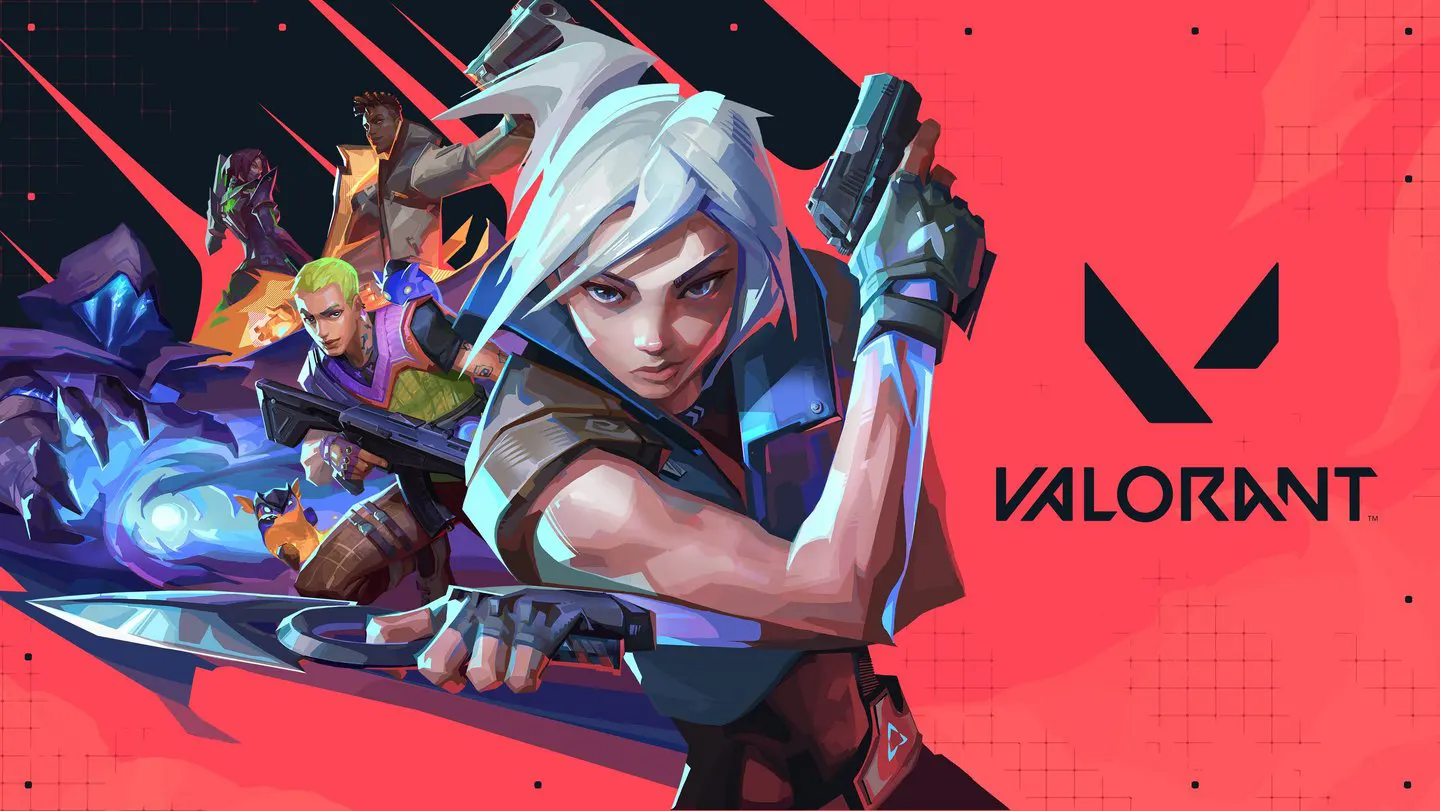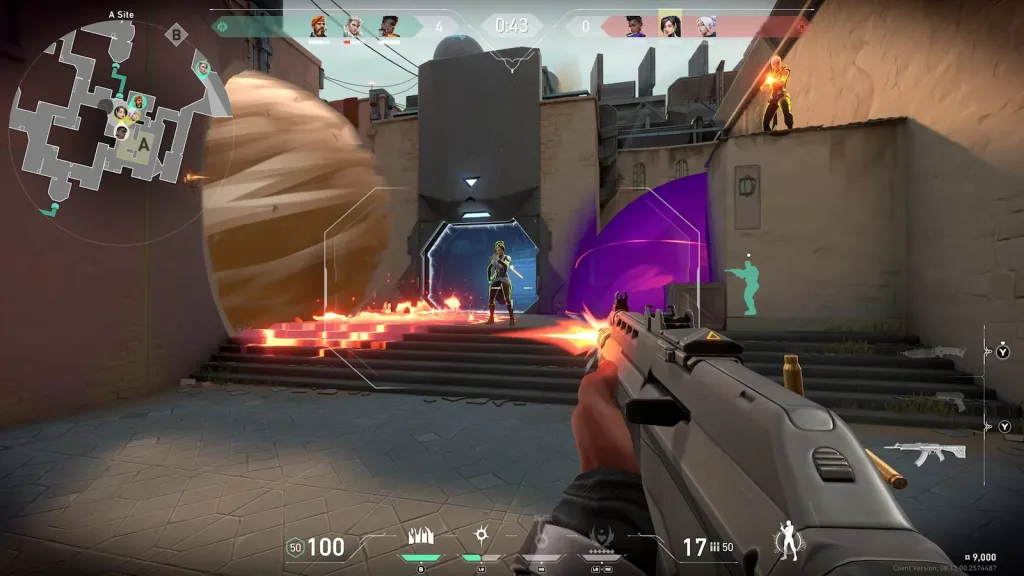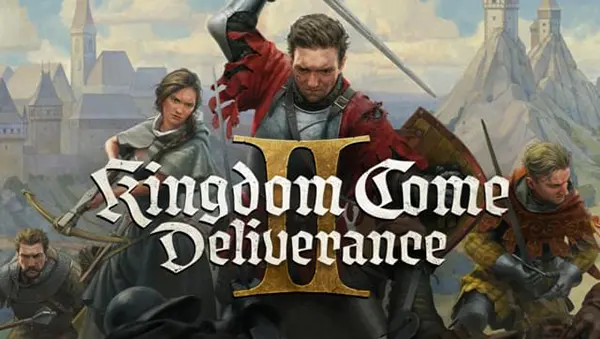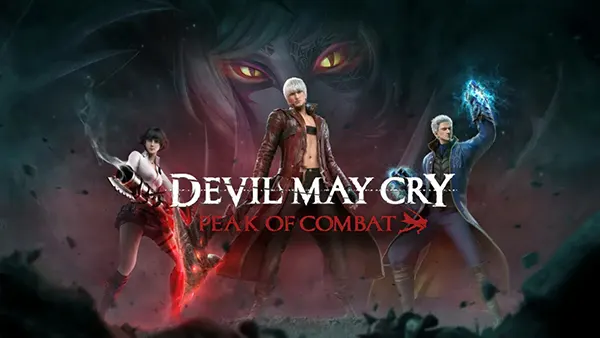
Exploring the World of Valorant: An In-Depth Analysis
Valorant has quickly established itself as a leading title in the world of competitive gaming since its release by Riot Games in 2020. Combining tactical first-person shooting with unique character abilities, Valorant has drawn comparisons to iconic games like Counter-Strike: Global Offensive and Overwatch. However, its distinct gameplay mechanics and thriving esports ecosystem set it apart in the gaming landscape.
The Unique Gameplay of Valorant
Valorant’s gameplay is a fusion of strategy, precision, and teamwork. Players are divided into two teams of five, with one team attempting to plant a bomb-like device called the Spike while the other defends. Each round presents opportunities to outmaneuver opponents using a combination of gunplay and Agent abilities. The game demands not only sharp shooting skills but also the ability to coordinate effectively with teammates, as every decision can sway the outcome of the match.
The maps in Valorant are another key element that influences gameplay. Each map is meticulously designed with multiple lanes, chokepoints, and strategic locations, requiring players to adapt their tactics constantly. Mastering these maps is essential for competitive success, as knowing the best angles and positioning can provide a significant advantage during matches.
Role of Agents and Their Abilities
The game’s characters, known as Agents, bring a unique flavour to each match. Agents are divided into categories like Duelists, Sentinels, Initiators, and Controllers, each serving a strategic role. For instance, Duelists are designed for aggressive playstyles, while Controllers focus on manipulating the map to their team’s advantage. This creates an environment where choosing the right composition of Agents can be as critical as executing precise shots.
Each Agent has distinct abilities that complement various strategies. For example, Phoenix can deploy fire-based abilities to heal himself or control areas, while Sova’s recon skills help locate enemies. These abilities are not overpowered but require skillful execution and timing to maximise their effectiveness. Players must balance their use of abilities and weaponry to ensure success, making Valorant a game of calculated risks and rewards.
Valorant’s Growing Esports Scene
Valorant’s entry into the esports world has been nothing short of phenomenal. Riot Games established the Valorant Champions Tour (VCT) to build a structured competitive scene, offering players and fans thrilling tournaments throughout the year. The game’s competitive format has drawn in audiences worldwide, showcasing intense matches that often hinge on split-second decisions and strategic planning.
One reason for Valorant’s esports success is Riot’s dedication to fostering a global ecosystem. Regional tournaments serve as stepping stones for teams aiming to qualify for international events, ensuring that talent from all over the world gets a chance to shine. This inclusivity has broadened the game’s appeal and made its competitive scene highly dynamic and unpredictable.
Notable Tournaments and Teams
The VCT features several stages, including Challengers, Masters, and the Champions event, where the best teams globally compete for the title. Teams such as Sentinels, Fnatic, and Team Liquid have cemented their places as top contenders, showcasing a high level of skill and strategy. These organisations often feature players with exceptional talent, whose performances captivate fans and inspire aspiring professionals.
The esports scene also benefits from Riot’s investment in high-quality broadcasts, featuring expert commentary, player interviews, and engaging storytelling. This professional approach has helped Valorant build a loyal fanbase and attract sponsors, making it one of the fastest-growing esports titles in recent years.

The Future of Valorant
As Riot Games continues to support Valorant with frequent updates, new content, and improved infrastructure, the game’s future looks bright. The developers have shown a strong commitment to addressing player feedback, ensuring that the game remains balanced and enjoyable for a diverse audience. This ongoing dialogue between Riot and the community has been instrumental in maintaining Valorant’s relevance and popularity.
Another aspect of Valorant’s future is its expanding accessibility. Riot is exploring ways to bring the game to new platforms, including mobile devices, which could open the door for millions of new players worldwide. This move demonstrates the company’s ambition to grow its player base and solidify Valorant as a global gaming phenomenon.
Innovations and Community Engagement
Riot Games actively engages with the Valorant community, taking feedback to enhance the game. The company’s commitment to maintaining a balanced competitive environment ensures its appeal across casual and professional players alike. Additionally, new game modes, seasonal events, and lore expansions keep players invested in the world of Valorant, making it more than just a competitive shooter.
Looking ahead, Valorant’s potential to influence the gaming industry is immense. Its success has already inspired other developers to rethink how they approach competitive game design. With its innovative gameplay, vibrant community, and robust esports infrastructure, Valorant is poised to remain a cornerstone of modern gaming for years to come.




